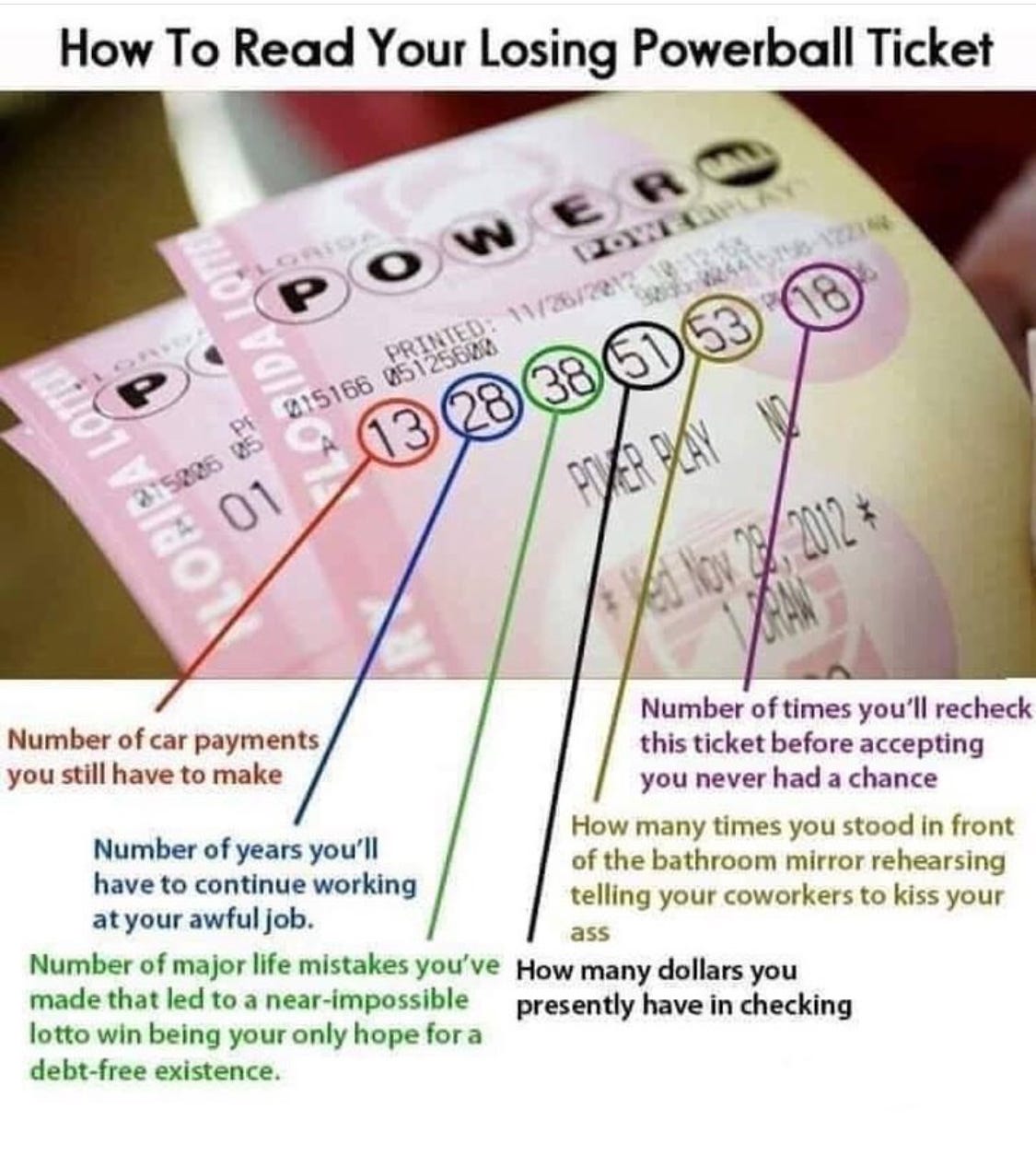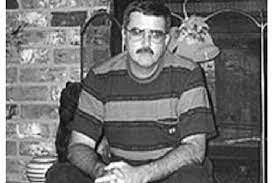I’ve always been fascinated by the decisions we make and the reasons we make them, and that rabid curiosity started when I was nine years old reading Guy de Maupassant’s short story, The Necklace. I remember sitting beneath the avocado tree on the back patio, mind blown, thinking: why on earth didn’t Mathilde just tell her friend she’d lost the necklace?
If you’re planning to read the story, which is superbly rendered, not long, and possessed of de Maupassant’s signature ironic ending/cautionary twist/oh-so-French 19th century tsk tsking about the sovereign importance of telling the truth, I’ve now gone and shouted out the punch line. Apologies.
The plot goes like this:
Mathilde Loisel, the protagonist, is “one of those pretty and charming girls born, as if by an error of fate, into a family of clerks,” whose dreams of upward mobility catch fire when she and her husband are invited to a ball. Not wishing to appear as poor as she really is, she borrows a diamond necklace from a rich school chum and then proceeds to lose it. She and her husband go into ruinous debt purchasing a necklace just like it, which Mathilde passes off as the original. For ten long years, years of deprivation and brutal physical labor that coarsen her looks, Mathilde toils to pay off her debt. At the end of that time, she runs into her old friend, Madame Forestier, “still young, still beautiful, still charming,” and confesses what she had done.
Madame Forestier was stunned.
“You say that you bought a diamond necklace to replace mine?”
“Yes; you didn't notice then? They were very similar."
And she smiled with proud and innocent pleasure.
Madame Forestier, deeply moved, took both her hands.
“Oh, my poor Mathilde! Mine was an imitation! It was worth five hundred francs at most!”
And this is how we do it. This is how we ruin our lives: one prideful or impetuous decision at a time. Getting drunk at age sixteen and putting ourselves behind the wheel of a car. Marrying the wrong person. Pursuing the career we are told to pursue. Alternately, pursuing the career we feel ourselves born to, only to find little monetary reward. Every decision we make, even the ones we are too young to make, combined with luck or lack of it, brings us to the point we’re at now. And if that’s not wildly cruel, fatalistic, and, well, French, I don’t know what is.
My job as a writer, and also as a human, is to parse through those decisions, map their consequences, and draw some kind of useful literary conclusion (or not. Modernism often precludes any sort of conclusion). Perhaps that’s why lottery winners rate high on my list of interesting subjects. If the true measure of a man can be taken when his back’s against the wall or he’s been given power over others, how thrilling is it to realize that winning the lottery may actually be the perfect distillation of both victory and despair?
Let it be said that not all lottery winners wind up dead, poor, or unloved. There are some who go on to do great things with their winnings, and as admirable as they are, I’d be bored to tears writing their life stories. I need something Wagnerian. Excessive. I need lottery winners who do metaphorical snow angels on big piles of money, who pass out at the poker table with a crack pipe in their pocket, whose eyes roll over white as they spectacularly self-immolate in one last desperate orgy of cheap animal pleasure they traded in their wife, their kids, and their happiness for.
Now, that’s opera.
I never would, of course. That’s why these human cautionary tales fascinate me. If I won the lottery, I’d do all the things it is prudent to do when you suddenly come into money. 1) Don’t tell anyone you won it, 2) hire a money management team first, 3) set up a charitable trust to defray the massive tax hit, 4) don’t quit your day job, 5) don’t rush out to claim your winnings before you’re ready, 6) if you live in a state where lottery winners aren’t allowed to keep their identities secret, make sure it’s your new charitable trust that collects those winnings, not you, 7) don’t spend a dime of that money until the initial euphoria abates, 8) learn to live off the interest without touching the principle, 9) take the lump sum so you can invest it, and 10) never ever forget that if you spend even one penny of a million dollars, you no longer have a million dollars.
That’s why people like me are dull as dishwater. No guts or imagination.
Still, it can be hard to watch someone hit the jackpot and then wind up in the poorhouse. According to the New York Daily News, 70 percent of lottery winners end up broke within seven years.
Such was the case with Billie Bob Harrell, Jr.
Billie Bob (doesn’t the name say it all?) won the Lotto Texas jackpot of $31 million in 1997. He and his wife Barbara Jean held the only winning ticket.
Harrell bought a ranch and half-a-dozen homes for various family members. There was a fleet of new vehicles, generous donations to his church, and cash gifts to parishioners who approached him with their tales of need. He quit his job at Home Depot, took his family to Hawaii, and bought 480 turkeys for the poor. The problem was, he kept spending money like a drunk sailor on weekend leave, and within less than two years, was forced to make a ruinous deal with a company that gives lottery winners lump-sum payments in exchange for their annual checks.
His out-of-control spending led to some epic rows with Barbara Jean, who eventually divorced him. On May 22, 1999, twenty months after winning the lottery, Harrell died of a self-inflicted gunshot wound. His son was the one who found him. Shortly before his death, Harrell told his financial adviser, “Winning the lottery is the worst thing that ever happened to me.”
William Post III won $16.2 in the Pennsylvania lottery and took the annual payment option of nearly $500,000. Two weeks after receiving his first check, he had already blown two-thirds of it on a chicken restaurant, a used-car lot, and an airplane, one bad business decision after another. His landlady screwed him out of a third of his winnings. Within three months, he was $500,000 in debt. Post’s brother was arrested for hiring a hit man to kill him and his sixth wife.
“I was much happier when I was broke,” Post claimed.
He died of respiratory failure in 2006 at the relatively young age of 66, leaving behind his seventh wife and the nine children he’d fathered during his second marriage.
With seven wives and nine children, it’s easy to dismiss someone like Post as foolish, a train wreck, broken. But Post wasn’t just between paychecks, he was chronically poor. The guy had less than three dollars to his name when he won the lottery. Like rich and middle-class people, the poor often have conditioned responses to money. Studies show they actually share it. When life is economically uncertain, and everyone you know lives with that same uncertainty, it is common to share windfall money. You never know when you might have to call in a favor.
Nineteen-year-old British native Michael Carroll (aka the “Lotto Lout”) won £9.7 million (more than $15.5 million) while wearing an electronic ankle monitor. He promptly dialed out cash payments to family and friends before blowing more than three grand a day on crack cocaine in addition to gambling and hookers.
His wife left him, taking their young daughter. In eight years, Carroll was flat busted. “The party has ended, and it’s back to reality,” Carroll told the Daily Mail. “I haven’t got two pennies to rub together, and that’s the way I like it. I find it easier to live off £42 dole than a million.”
Brave words. The truth, always somewhat darker, revealed that he’d attempted suicide twice.
The way I see it is this. General contentment (always a safer and more suitably Calvinist alternative to the wild-eyed ephemera of “happiness”) has three requirements: structure, purpose, and community. Structure, obviously, is the manner in which you assemble your day. Purpose is why you get up in the morning. Community is your tribe, your friends. If even one of these is missing or out of balance with the others, you stand very little chance of being reasonably happy.
You can imagine then how life goes radically sour for some of these lottery winners. They give up their jobs (thus eliminating structure, purpose and possibly community). They move into swanky neighborhoods (most rich folks think new money emits a foul odor; no community there.) They join the ranks of the idle rich, which robs them of all purpose.
It’s a slow boat to hell.
Jeffrey Dampier won $20 million from the Illinois Lottery, moved his family to Tampa, Florida, and started a gourmet popcorn business. He wasn’t foolish with his money, but he was about his private life. An affair with his sister-in-law, Victoria Jackson, led to greed and murder. She and her boyfriend Nathaniel Jackson (no relation) plotted to rob Dampier. After binding his hands and feet, Nathaniel allegedly told Victoria, “Shoot him or I’ll shoot you.” You better believe Dampier was the one who got the ouchy end of the bullet.
Like beauty, sudden riches can bring with it a certain loneliness and paranoia. Are they with me because they like me, or are they with me because I’m [fill in the blank]? It takes a person of rare good sense to navigate such treacherous waters. As a lottery winner, everyone you know and don’t know shows up with their hand out. In one instance, a woman and her sick child appeared on a lottery winner’s driveway. She was weeping hysterically because her child needed urgent medical attention.
I never begrudge anyone his good fortune. No sour grapes here. But with most of my life behind me, I find myself thinking quite a lot these days about the decisions we make and how they impact not only our own lives but the lives of others.
Our lives are interconnected. Sometimes the vibration of other feet is barely palpable on the delicate filaments of our own web, but they’re there. If only we could learn from it. If only we could stop confusing happiness with pleasure.
What are your thoughts? I want to hear them. Please leave your comments below.
Copyright © 2022 Stacey Eskelin








I've actually spent a little money on lottery tickets, even though I know I've a better chance of being struck by lightning than actually winning. (Though I've still a better chance of winning than ever going out on a date again.) (I actually won something like $500.00 once.) Always the rule is to take the single lump sum. The 50% that goes to taxes all at once will be less over time than if you play games with trickling it out. After that, 50% -- 75% goes to setting up endowments at the colleges I've received degrees from. Enough of the remainder goes into a conservative, interest bearing fund that I can live on, and the rest into a charitable foundation that I can fool around with as time and tide permit. Having been born and raised totally bougie, the temptation to give away money to family is non-existent. (I despise those people in any case.)
On the other hand, if it was a fairly modest sum, fixing up the house would be the priority. Getting the lawyers and courts to quit effing around and simply establish ownership once and for all would be top priority. (I'm not going to spend one penny on this place until and unless I'm declared the legal owner.)
"If only we could stop confusing happiness with pleasure." That, my dear, would be the definition of wisdom...and most of us are too dumb to be wise. We keep chasing that one moment, the climax, that is pleasure. We don't realize that happiness is a state of mind, a state of being. It does't come and go, and it's not dispensed by a hooker with a bottle of Astroglide and a strong pair of hands.
I've long thought about what I'd do if I won the lottery (I rarely buy tickets anymore), and my plans mirror yours almost word for word. I harbor no desire to be rich, merely comfortable. I can be, and am, happy living in jeans and t-shirts. Money is a means to an end, not something that will get me that fleet of Maybachs and the Gulfstream IV I've (never) dreamed of.
Of course, being faced with sudden wealth would mean that things would change and probably drastically, but I'd hope that I have my head on straight enough to keep things together.
If you need me, I'll be swimming in a pool filled with Cristal and being ravaged by the Swedish Bikini Team....